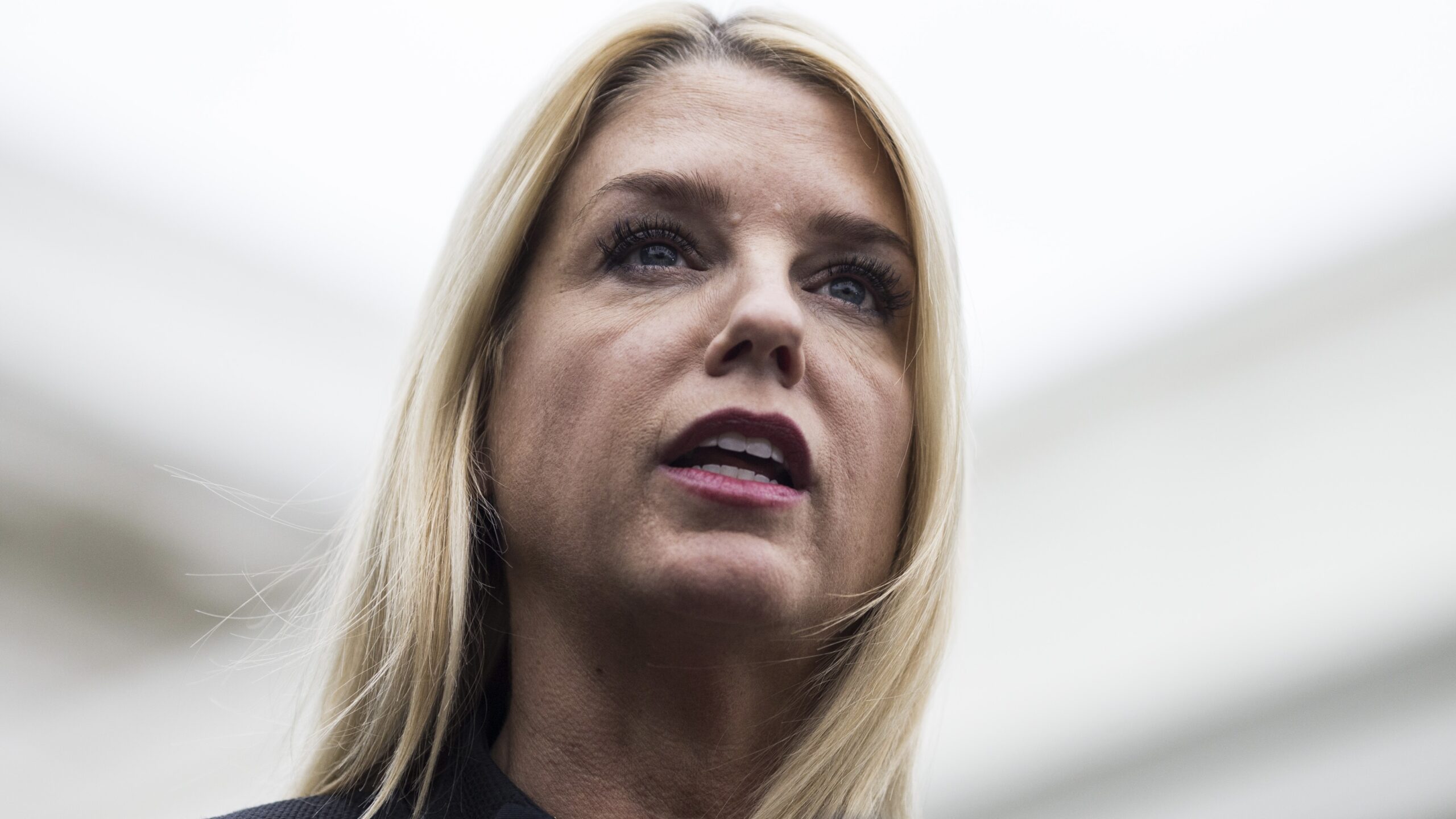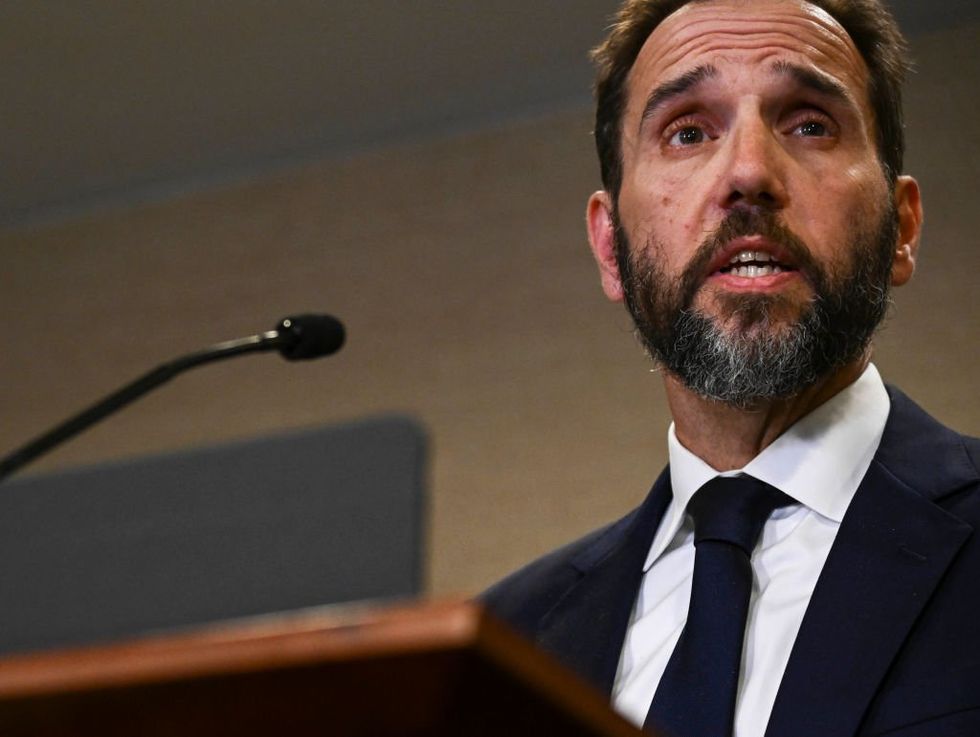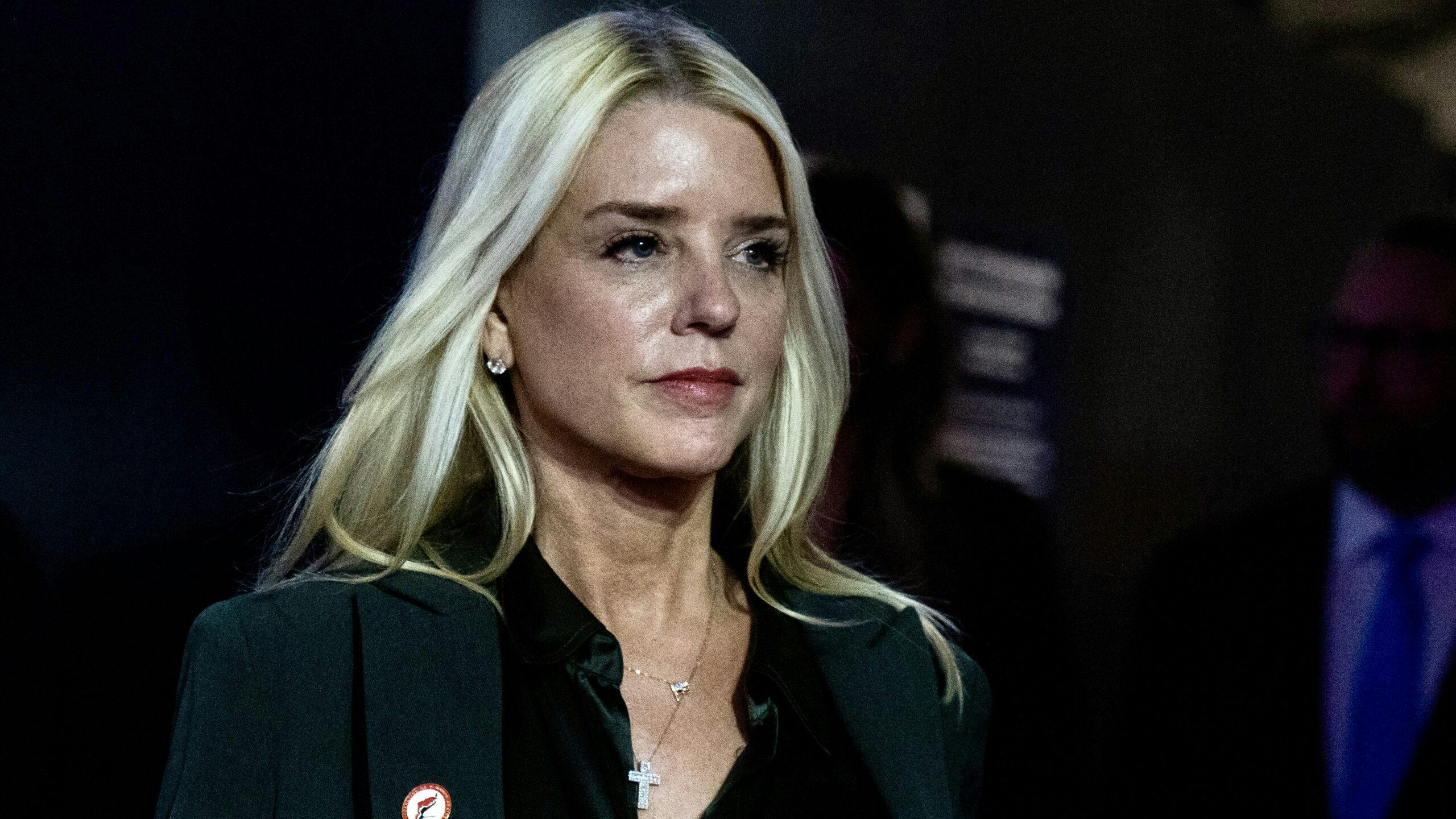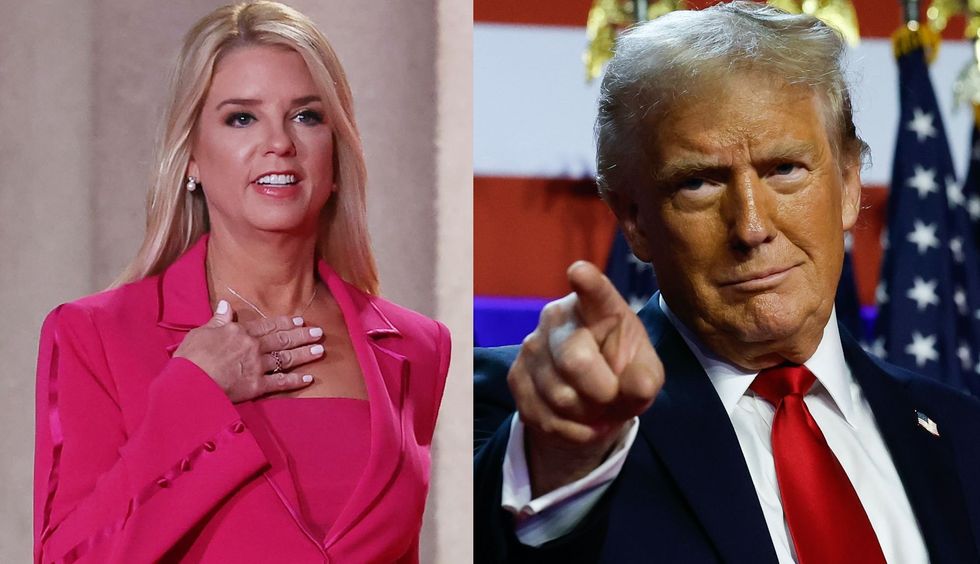Here are 5 ways the next president can help heal our divided nation
Success is the ultimate unifier. When people succeed together, petty differences tend to disappear.Today, one of the few things Americans seem to agree on is that we’re more divided than ever. According to a recent Ipsos poll, 81% of Americans subscribe to this view, including 82% of Republicans, 80% of Democrats, and 81% of independents.Shared success will, in turn, foster political unity and a much-needed sense of common purpose in America today.But the situation is not hopeless. The same survey found that 69% of Americans believe we all want the same basic things out of life, with the results once again consistent across the political spectrum.Our founders knew Americans shared the same fundamental desires as all people throughout history, so they designed our government to be narrowly focused on basic things like security, stability, and prosperity. We would do well to return to these simple, unifying truths as we work and live together.With that in mind, here are five things the next administration can do to build unprecedented prosperity and unite our divided country.1. Rethinking the IRS: From enforcement to empowermentThe Biden-Harris administration passed a law authorizing funding for 87,000 new IRS employees, which would more than double the tax enforcement agency’s workforce (currently 79,000).Instead of using these new employees for stricter enforcement, which would require stronger policing of small businesses and individuals, the next administration should transform the IRS into an agency focused on helping businesses achieve compliance constructively and use incentives like research and development tax credits that promote growth. Replacing coercion with cooperation would reduce conflict and enable taxpayers to see the government as an ally rather than an antagonist.2. Defense acquisition reformThe Defense Department’s outdated acquisition process dates back to the Cold War. Modernizing this process could lead to significant savings and better outcomes, easing pressure on the federal budget and boosting public confidence that our military personnel are well supported.Shifting from annual to three-year budgets would allow for better planning and resource allocation. Establishing a permanent slush fund would enable quick responses to emerging threats and provide opportunities to capitalize on new technologies.These reforms would improve the Pentagon’s readiness and operational capabilities, ensuring it can keep pace with rapidly evolving technological advancements by moving beyond outdated, restrictive procedures.3. Revitalize welfare programsWelfare programs should encourage personal growth and purpose rather than just offering subsistence-level aid. Revitalizing these programs might involve once again linking benefits to active job training, education, or community service participation. This approach would help individuals advance as they climb social and economic ladders rather than keeping them dependent.Both sides agree that welfare should be a “hand up, not a handout.” Implementing this commonsense principle would empower individuals to thrive and help break the cycle of poverty.4. Ease the regulatory burdenThe problem for small businesses and startups isn’t necessarily the number of regulations but the complexity of overlapping rules. Streamlining these complex regulatory frameworks could reduce compliance costs without compromising the regulations' intended purpose.Simplifying regulations would lower entry barriers and encourage more entrepreneurs to bring their ideas to market, boosting economic diversity and innovation. This approach would allow our brightest minds to focus more on making an impact and less on navigating regulatory compliance.5. Innovate tax incentivesTax incentives should reward companies for engaging in activities that generate social and economic benefits rather than directing benefits to politically connected individuals, corporations, and industries. These incentives should promote investments in emerging sectors like clean energy, AI-driven efficiency, or regenerative agriculture.Incentives should also create a tax environment that encourages U.S. companies currently offshore to relocate back to the United States and discourages others from leaving.We don’t have to deepen our political divisions. Instead, we can bypass them and pursue commonsense solutions that help all Americans thrive. Shared success will, in turn, foster political unity and a much-needed sense of common purpose in America today.


Success is the ultimate unifier. When people succeed together, petty differences tend to disappear.
Today, one of the few things Americans seem to agree on is that we’re more divided than ever. According to a recent Ipsos poll, 81% of Americans subscribe to this view, including 82% of Republicans, 80% of Democrats, and 81% of independents.
Shared success will, in turn, foster political unity and a much-needed sense of common purpose in America today.
But the situation is not hopeless. The same survey found that 69% of Americans believe we all want the same basic things out of life, with the results once again consistent across the political spectrum.
Our founders knew Americans shared the same fundamental desires as all people throughout history, so they designed our government to be narrowly focused on basic things like security, stability, and prosperity. We would do well to return to these simple, unifying truths as we work and live together.
With that in mind, here are five things the next administration can do to build unprecedented prosperity and unite our divided country.
1. Rethinking the IRS: From enforcement to empowerment
The Biden-Harris administration passed a law authorizing funding for 87,000 new IRS employees, which would more than double the tax enforcement agency’s workforce (currently 79,000).
Instead of using these new employees for stricter enforcement, which would require stronger policing of small businesses and individuals, the next administration should transform the IRS into an agency focused on helping businesses achieve compliance constructively and use incentives like research and development tax credits that promote growth. Replacing coercion with cooperation would reduce conflict and enable taxpayers to see the government as an ally rather than an antagonist.
2. Defense acquisition reform
The Defense Department’s outdated acquisition process dates back to the Cold War. Modernizing this process could lead to significant savings and better outcomes, easing pressure on the federal budget and boosting public confidence that our military personnel are well supported.
Shifting from annual to three-year budgets would allow for better planning and resource allocation. Establishing a permanent slush fund would enable quick responses to emerging threats and provide opportunities to capitalize on new technologies.
These reforms would improve the Pentagon’s readiness and operational capabilities, ensuring it can keep pace with rapidly evolving technological advancements by moving beyond outdated, restrictive procedures.
3. Revitalize welfare programs
Welfare programs should encourage personal growth and purpose rather than just offering subsistence-level aid. Revitalizing these programs might involve once again linking benefits to active job training, education, or community service participation. This approach would help individuals advance as they climb social and economic ladders rather than keeping them dependent.
Both sides agree that welfare should be a “hand up, not a handout.” Implementing this commonsense principle would empower individuals to thrive and help break the cycle of poverty.
4. Ease the regulatory burden
The problem for small businesses and startups isn’t necessarily the number of regulations but the complexity of overlapping rules. Streamlining these complex regulatory frameworks could reduce compliance costs without compromising the regulations' intended purpose.
Simplifying regulations would lower entry barriers and encourage more entrepreneurs to bring their ideas to market, boosting economic diversity and innovation. This approach would allow our brightest minds to focus more on making an impact and less on navigating regulatory compliance.
5. Innovate tax incentives
Tax incentives should reward companies for engaging in activities that generate social and economic benefits rather than directing benefits to politically connected individuals, corporations, and industries. These incentives should promote investments in emerging sectors like clean energy, AI-driven efficiency, or regenerative agriculture.
Incentives should also create a tax environment that encourages U.S. companies currently offshore to relocate back to the United States and discourages others from leaving.
We don’t have to deepen our political divisions. Instead, we can bypass them and pursue commonsense solutions that help all Americans thrive. Shared success will, in turn, foster political unity and a much-needed sense of common purpose in America today.
Originally Published at Daily Wire, World Net Daily, or The Blaze
What's Your Reaction?
































































































